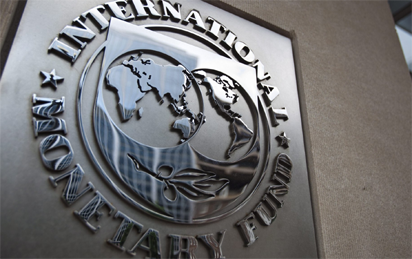The International Monetary Fund (IMF) has again advised the Nigerian government to consider the removal of tax exemptions as a strategic option of boosting revenues required to uplift the nation’s decaying infrastructure and provide social safety net.
The Fund had made a similar call last year when it counseled the Federal Government to implement a reform that would phase out tax holidays and exemptions that, it claimed, were currently eroding the Company Income Tax base.
An assistant director, Fiscal Affairs Department of the IMF, Catherine Patillo, who spoke at the launch of the Fiscal Monitor report at the ongoing World Bank/IMF Spring Meeting in Washington DC, pointed out that reducing tax holidays and other fiscal exemptions to corporate entities would help the country in reducing its debt obligations and provide funds for development of critical sectors of the economy.
She said “You have seen the most recent IMF staff report on Nigeria which was emphasizing that with a constraining debt servicing as you know, the ratio of federal government interest payment to debt revenue is extremely high at 63 percent.
“So, there is a need to build revenue so that you have more space to spend for infrastructure, social safety nets etc otherwise interest is eating up most of your revenue so building revenue is key and how do you do that?
“The recommendation in the IMF staff report is to broaden the tax base by removing exemptions, to rationalize tax incentives in particular to strengthen tax compliance and our recommendation to raise the VAT rate. So, those were the recommendations for Nigeria on tax”, Patillo added
Over the years, the Nigerian Government has maintained a liberalized tax exemption regime that creates many different and overlapping incentive schemes to attract local and foreign investments.
For instance, Section 25(c) of Companies Income Tax Act (CITA) Cap. C21 LFN 2004 as updated provides for profits exempted in respect of companies engaged in ecclesiastical, charitable or educational activities. Also, Section 3 of Value Added Tax Act (VATA) Cap. VI LFN 2004 as updated and 1st Schedule to the Act covers goods and services exempted and zero rated goods.
Tax exemption is considered by fiscal authorities as a form of industrial investment device aimed at attracting investments from overseas and buoying domestic investments with the attend implications for economic growth in their domains.




